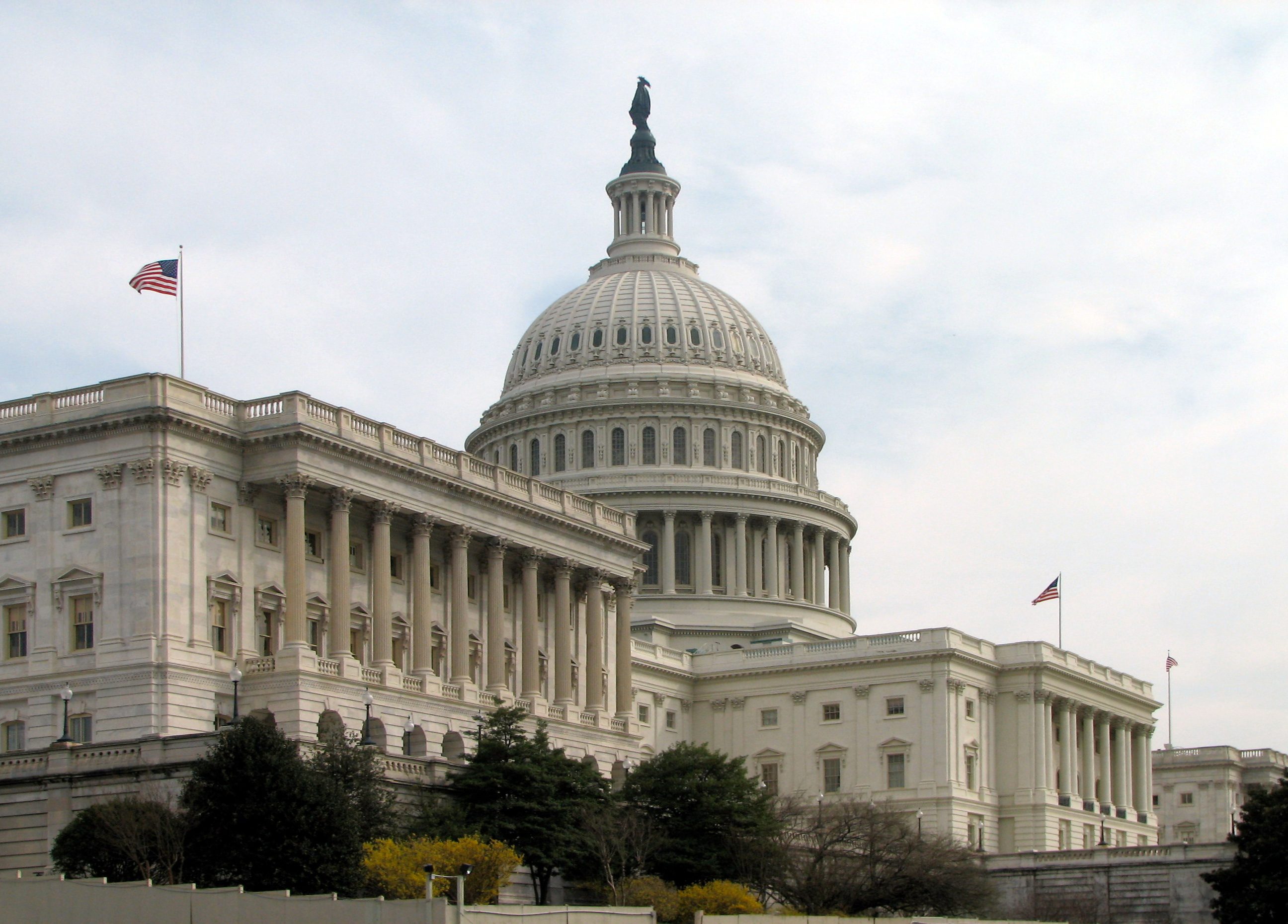Washington, D.C. – Bread for the World today announced its support for specific provisions of the Senate’s just-passed budget resolution that would dramatically reduce hunger and poverty and urged lawmakers to keep these provisions in the reconciliation bill. The House is expected to take up the budget resolution in the fall.
“There are numerous provisions in the Senate budget resolution that would significantly reduce hunger and poverty in the United States,” said Rev. Eugene Cho, president and CEO of Bread for the World. “COVID-19 has exposed shortcomings in the safety-net that were present long before the pandemic hit. These provisions will help address many of these shortcomings and provide much-needed support to families here at home.”
We urge the Senate to include the following priorities in the reconciliation bill:
- Strengthening child nutrition programs to help more children get the food and nutrition they need to thrive.
- An extension of the expanded Child Tax Credit, which will cut child poverty nearly in half, and the Earned Income Tax Credit, which will help low-income workers without children.
- The creation of a nation-wide paid family and medical leave program. Just 8 percent of workers earning less than $14 an hour had access to paid family leave in 2020.
- Expanded access to affordable, high-quality child care for lower-and middle-income families and universal preschool for 3- and 4-year-olds.
- Expanded access to and promotion of equitable health care coverage.
- Lawful permanent status for as many as 10 million qualified immigrants and their families.
- Debt relief for farmers.
- Provisions that would address the climate crisis – a primary driver of hunger globally that causes droughts, floods, and unpredictable weather patterns which make it difficult for farmers to grow their crops.
Many of these provisions are a part of Bread’s 1000 Days infrastructure plan. The plan urges lawmakers to invest in the health and well-being of mothers and children during the 1,000 days between a woman’s pregnancy and her child’s second birthday – a time of tremendous potential and enormous vulnerability. Investments made during this critical time period are essential for ensuring the development of children’s physical and mental health, as well as the security of the most vulnerable families in America for generations to come.
“While improvements to roads, bridges, and broadband are crucial and necessary, we must also invest in the health and well-being of families,” said Cho. “Every person matters to God. And God longs for every human being to live a life of dignity and in good health.”



